These containers often have a tray-like design with individual slots or compartments to hold each egg separately. This helps prevent eggs from touching each other, reducing the risk of breakage and contamination.
Material:
Egg storage boxes are usually made of food-grade plastic or other materials that are safe for storing food in the refrigerator. Some may have transparent lids for easy visibility.
Capacity:
The capacity of these containers can vary, with common options for holding six, twelve, or more eggs. Choose a size based on your typical egg usage.
Freshness:
Many egg storage boxes come with features aimed at preserving the freshness of eggs. This may include airtight seals, which help prevent odors from affecting the eggs and maintain their quality.
Dispenser Functionality:
Some egg storage containers have dispenser features, allowing you to remove eggs easily without having to take out the entire tray.
Stackability:
Some models are designed to be stackable, optimizing space in your refrigerator and making it easy to organize multiple containers.
Cleaning:
Look for containers that are easy to clean. Some are dishwasher safe, while others may need to be hand-washed.
Labeling:
For added convenience, some containers have spaces for labeling, allowing you to mark the purchase date or expiration date of the eggs.
When using an egg storage box, it’s essential to follow proper food safety guidelines. Always check eggs for freshness and cleanliness before placing them in the container, and be sure to store eggs in the refrigerator to maintain their quality. Additionally, adhere to any guidelines provided by the manufacturer for cleaning and maintenance.
Temperature Control:
Some advanced egg storage containers may come with features to control the temperature inside the container. This can help maintain the optimal conditions for egg freshness.
Design Variations:
Egg storage boxes can come in various designs, from simple rectangular shapes to more stylish and ergonomic designs. Consider the design that fits well with your refrigerator space and personal preferences.
Versatility:
While primarily designed for eggs, some containers may have adjustable dividers or removable trays, allowing them to be used for other small items or customized to your storage needs.
BPA-Free:
Look for containers that are labeled as BPA-free to ensure that the materials used in the container are free from harmful chemicals.
Air Ventilation:
Adequate ventilation is crucial to prevent the eggs from developing odors. Some containers have built-in ventilation systems to ensure proper air circulation.
Portable:
Consider whether the container is suitable for both refrigerator storage and transporting eggs. Some models are designed with handles or are compact enough to be easily carried.
Egg Size Compatibility:
Ensure that the container is suitable for the size of eggs you typically use. While most are designed for standard-sized chicken eggs, some containers are adjustable to accommodate larger or smaller eggs.
Durability:
Choose a container that is durable and can withstand regular use. The material should be sturdy enough to protect eggs from accidental bumps or falls.
Color Options:
If aesthetics matter to you, consider the color options available for the egg storage box. Some may come in a variety of colors to match your kitchen decor.
Specialized Features:
Some egg storage containers come with specialized features such as egg holders with built-in egg-timers, which can be handy for keeping track of the freshness of your eggs.
Easy Access:
Consider containers with features that make it easy to access eggs, such as pull-out trays or hinged lids that allow you to reach the eggs without removing the entire container.
Collapsible Options:
For those who may have limited storage space, there are collapsible egg storage containers that can be flattened when not in use, saving space in your kitchen.
Eco-Friendly Materials:
If you’re environmentally conscious, look for egg storage containers made from eco-friendly materials. Some are crafted from recycled plastics or other sustainable materials.
Customization:
Some containers offer customizable configurations, allowing you to adjust the layout to accommodate different quantities of eggs or other items.
Hygiene Considerations:
Hygiene is crucial, so choose a container with easy-to-clean surfaces and materials that resist staining and odors. Dishwasher-safe options can be particularly convenient.
Clear Labels or Date Markings:
Look for containers with clear labels or spaces for marking dates. This can help you keep track of the freshness of the eggs and rotate them efficiently.
Multi-Purpose Use:
Some egg storage boxes are designed to serve multiple purposes, such as being used as a serving tray or for organizing other items in the refrigerator.
Secure Closure:
A secure and tight closure is essential to protect the eggs and maintain freshness. Check for containers with reliable locking mechanisms or seals.
Customer Support and Warranty:
Consider the reputation of the manufacturer and whether the product comes with a warranty or reliable customer support in case you encounter any issues.



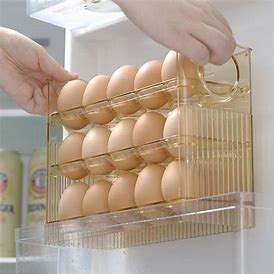
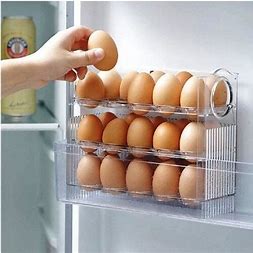
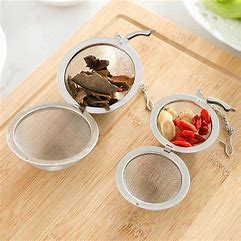
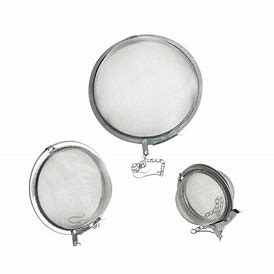
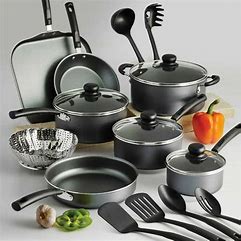
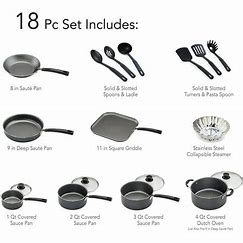
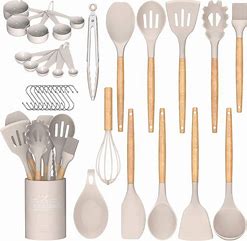

Reviews
There are no reviews yet.